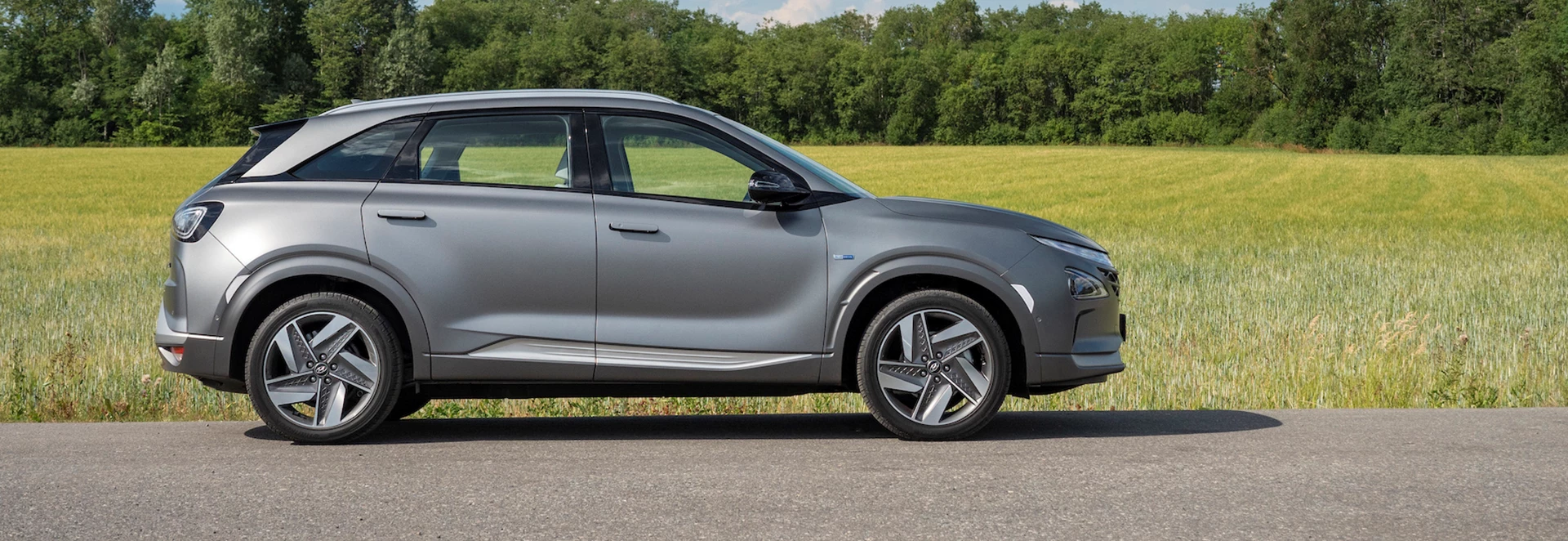While conventional electric car sales are starting to boom, behind the scenes many manufacturers are quietly working away on another way of running a car – hydrogen fuel-cell technology.
Quite a few manufacturers have looked at the fuel before, but today it’s only Toyota and Hyundai that have models on sale in the UK. Honda and Mercedes-Benz also experiment with the technology in other markets.
While range anxiety (essentially the fear of running out of charge) can still affect people in the switch from petrol to diesel cars to EVs, hydrogen-powered cars often have ranges exceeding those of conventional EVs.
So, just how far can a hydrogen car travel?

Given there’s only two hydrogen models on sale in the UK today, it’s quite easy to work out how far these types of vehicle can travel.
The newest hydrogen car to go on sale is the Hyundai NEXO – the South Korean manufacturer’s technological flagship. This offers a range of 414 miles, which exceeds that of every EV on sale today.
The only other EV on sale in the UK today is the Toyota Mirai. Despite being several years old, the Mirai can still manage a range of 312 miles on a full charge. Again, this exceeds the majority of EVs, with the exception of Teslas.
Enquire on a new Hyundai Nexo
Other fuel-cell cars not offered in the UK, the Honda FCX Clarity – sold in markets such as the US, Japan and Denmark – can also offer a 366-mile range.
What’s more EVs have much shorter filling times than conventional EVs. Whereas an electric car might take over an hour to be able to charge – even at a rapid charger – a hydrogen tank can be filled up in just a few minutes, which is similar to the time it takes to fuel a petrol or diesel car.
While fuel-cell vehicles undoubtedly make a lot of sense, though, you should consider the limited availability of hydrogen filling stations and the expensive list prices, because the process of producing such vehicles is costly. That said, hydrogen models remain a forward-thinking prospect, and make an interesting alternative to conventional electric cars.




